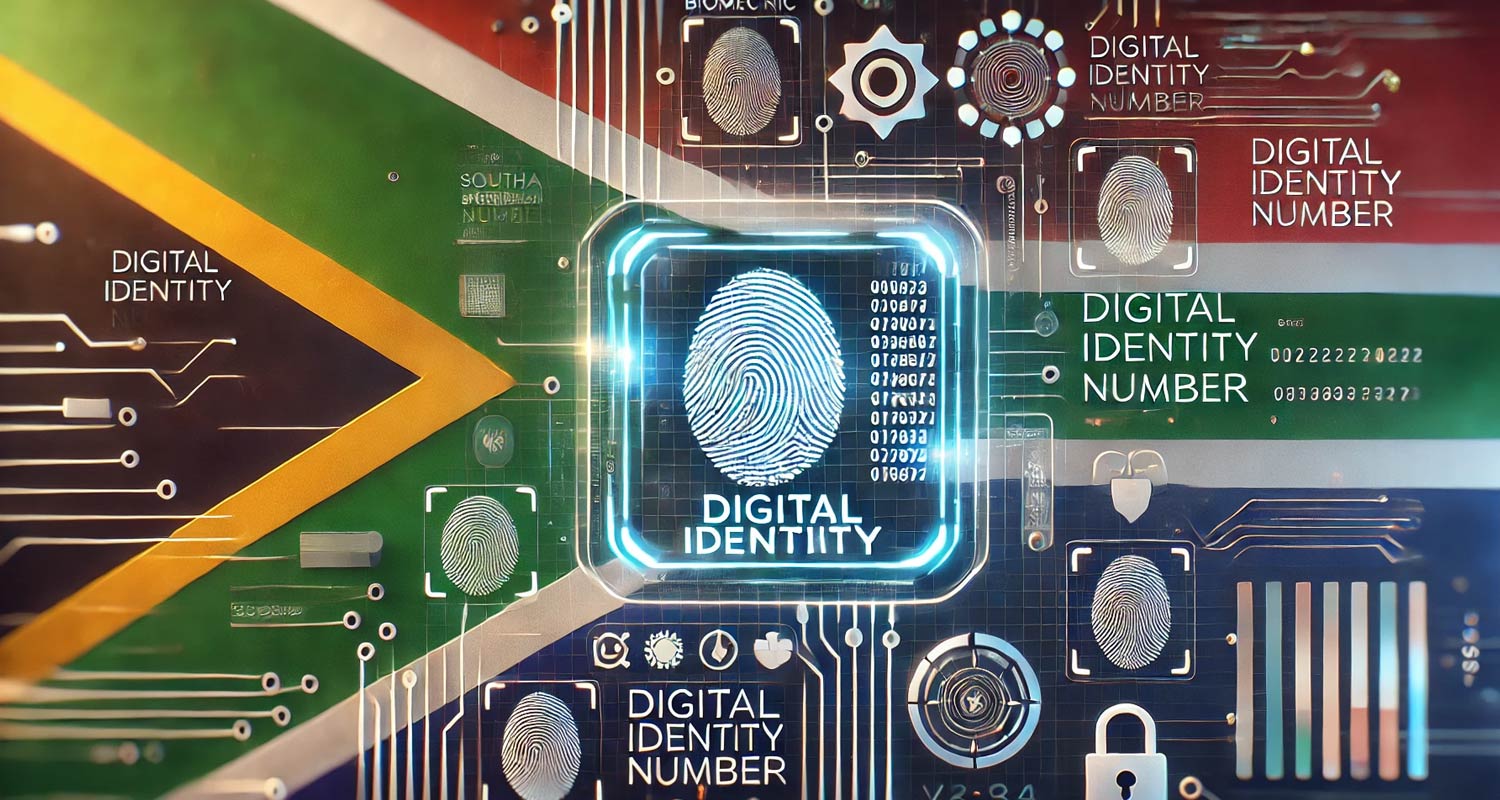Business
South Africa’s New Digital Identity: Instant Visas and Seamless Integration Across Services

South Africa’s Ambitious Digital Identity Plan to Streamline Services and Issue Instant Visas
South Africa is preparing to transform its public sector with a new digital identity system that promises to integrate various services, reduce identity fraud, and speed up processes like visa applications. Key government agencies, including the South African Revenue Service (SARS), the South African Reserve Bank, and the Department of Home Affairs, are working together on a unified digital ID for all citizens. This project is set to reshape how South Africans interact with public services and potentially boost the nation’s economy.
A Need for Digital Transformation
Currently, South Africans are assigned multiple identification numbers across various systems, including tax, healthcare, and employment. According to SARS Commissioner Edward Kieswetter, this disjointed approach not only creates inefficiencies but also opens doors to potential fraud. “The absence of a digital identity means that in South Africa, I have an ID number, a tax number, one for registering a company, and another for being a hospital patient,” he explained.
This fragmented system allows individuals to navigate loopholes, such as receiving both a salary and a social grant, due to the lack of a consolidated ID system. The introduction of a unique digital identity aims to eliminate these inconsistencies by creating a single, unified identification that can be used across all government services.
Instant Visas: A Game-Changer for South African Immigration
In addition to streamlining identity verification, the digital identity initiative is expected to enable instant visa issuance. By leveraging technology similar to that used in issuing tax assessments in under five seconds, SARS and the Department of Home Affairs are developing a proof of concept for instant visas. Kieswetter noted that this capability has the potential to streamline immigration, making it faster and more efficient for tourists, business travelers, and foreign workers to enter the country.
A Collaborative Digital Vision Across Departments
The Department of Home Affairs has been amending its five-year strategic plan to incorporate digital transformation, aiming to create an integrated system that collaborates with other departments like SARS and the central bank. Home Affairs spokesperson Duwayne Esau confirmed that while these plans are still in the early stages, they are integral to the department’s future strategy.
Minister of Home Affairs Leon Schreiber shared in September that his department’s five-year strategic vision centers on digitalization. By integrating advanced technology, the department aims to not only streamline services but also combat fraud, reduce bureaucratic delays, and enhance security.
What This Means for South Africa’s Future
As the South African government advances with this digital identity initiative, citizens can expect greater efficiency across multiple sectors. The project aligns with global trends toward digitalization, providing benefits such as simplified healthcare access, more secure financial transactions, and streamlined government processes. Furthermore, it is likely to have positive economic impacts by reducing administrative costs and enhancing South Africa’s appeal as a destination for international travelers and investors.
South Africa’s digital identity project represents a significant leap forward in the country’s journey toward a digitally driven economy. As the project progresses, citizens will likely experience a smoother, more integrated approach to public services that ultimately benefits both individuals and the nation’s broader economy.















